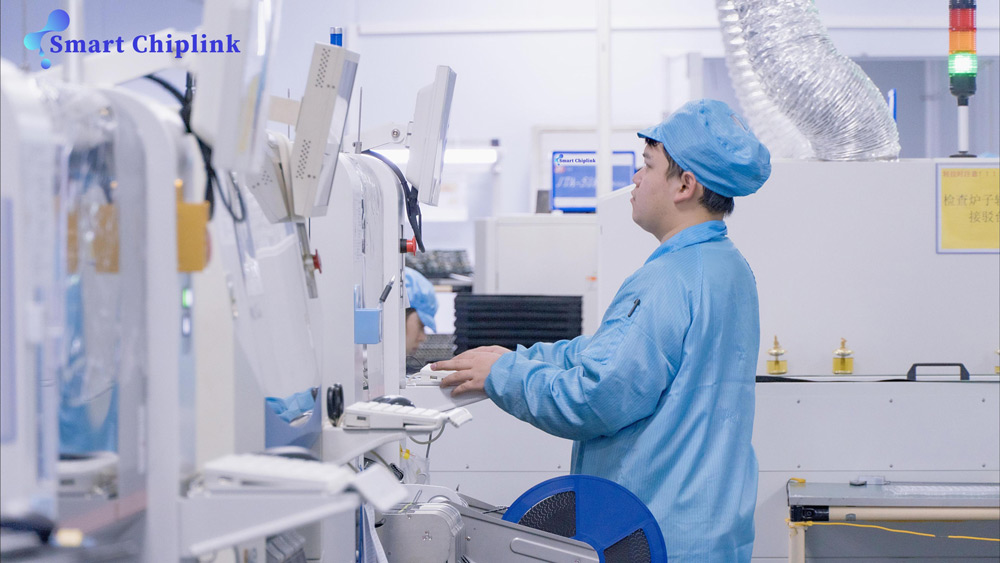In recent years, aluminum-based printed circuit boards (Aluminum PCB) have gradually emerged in the electronics industry. With its excellent thermal conductivity and excellent mechanical strength, aluminum-based PCBs are becoming the first choice for many high-performance electronic devices.
Basic Concepts of Aluminum-based PCBs
Aluminum-based PCB is a type of printed circuit board with aluminum alloy as the substrate, usually consisting of a three-layer structure: a conductive layer, an insulating layer, and a metal substrate layer. The aluminum substrate not only provides mechanical support, but also effectively improves the heat dissipation performance, making it perform well in high-power applications.
Main Application Areas of Aluminum-based PCBs
1. LED lighting
LED lighting equipment has extremely high requirements for heat dissipation to ensure the stability and life of the light source. Aluminum-based PCBs have become an ideal choice for LED lamps due to their excellent thermal conductivity. Its effective heat dissipation characteristics not only improve the performance of LEDs, but also extend their service life.
2. Power supply equipment
Modern power supply equipment (such as switching power supplies, inverters, etc.) needs to handle a large amount of current and heat. In these applications, aluminum-based PCBs can effectively reduce operating temperatures, improve power efficiency and stability, and avoid failures caused by overheating.
3. Automotive electronics
With the increasing degree of automotive electronics, the requirements for PCBs in on-board electronic equipment are also getting higher and higher. Aluminum-based PCBs have been widely used in battery management systems, lighting systems, and power control systems of electric vehicles. Its good heat dissipation performance ensures the reliable operation of these key components.
4. Communication equipment
Communication equipment (such as base stations, routers, etc.) requires stable performance and reliable heat dissipation. The application of aluminum-based PCBs in these devices not only improves the reliability of the equipment, but also effectively reduces the failure rate and ensures the stable operation of the communication system.
5. Computers and servers
High-performance computers and servers generate a lot of heat during operation. The application of aluminum-based PCBs in these devices can quickly dissipate heat, improve the performance and stability of the system, and meet high-density computing needs.
Advantages of aluminum-based PCBs
1. Excellent heat dissipation performance: Aluminum-based PCBs have high thermal conductivity and can quickly conduct heat away from key components to prevent overheating.
2. High mechanical strength: The high strength of the aluminum substrate can provide reliable mechanical support for the PCB and reduce the risk of deformation and damage.
3. Lightweight: Compared with traditional copper-based PCBs, aluminum-based PCBs are lighter and suitable for applications that require weight reduction, such as aerospace.
4. Cost-effectiveness: Aluminum has a low cost and is easy to process, which can effectively reduce manufacturing costs and improve economic benefits.
In the future, with the continuous improvement of the performance requirements of electronic equipment, the application prospects of aluminum-based PCBs are broad. With the advancement of materials science and manufacturing technology, the performance of aluminum-based PCBs will be further improved and the application fields will be more extensive.
1. 5G communication: With the popularization of 5G technology, communication equipment will have higher requirements for PCBs. Aluminum-based PCBs will play an important role in 5G base stations and equipment with their excellent performance.
2. Smart home: Smart home devices require efficient heat dissipation and stable performance. Aluminum-based PCBs will become an important part of smart home devices, improving their performance and reliability.
3. Renewable energy: In renewable energy systems such as solar and wind energy, the application of aluminum-based PCBs will effectively improve energy conversion efficiency and promote the development of green energy.
In short, aluminum-based PCB is rapidly becoming a key material in the electronics industry due to its excellent thermal conductivity and mechanical strength. It is widely used in many fields such as LED lighting, power supply equipment, automotive electronics, communication equipment, computers and servers, providing reliable heat dissipation solutions for various electronic devices. With the continuous advancement of technology, aluminum-based PCB will play a more important role in future electronic products and promote the continuous innovation and development of the industry.

 English
English




